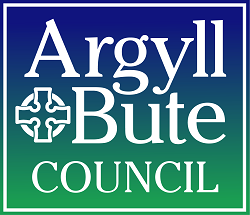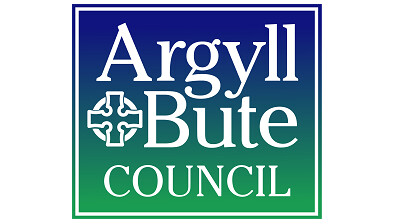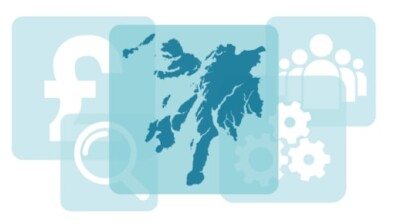Report outlines progress in tackling child poverty in Argyll and Bute

A new report highlights that progress continues to be made to tackle child poverty in Argyll and Bute but makes clear the need for further action in the coming years.
The Argyll and Bute Child Poverty Action Plan Review 2024-2025 is a review of the Child Poverty Action Plan first published in 2019.
The report, approved by councillors at a recent meeting of the Argyll and Bute Health and Social Care Partnership, makes clear that although some progress has been made in tackling child poverty in Scotland, because of factors such as the Scottish Child Payment and other national and local actions, child poverty is still very much a major issue across many Scottish communities.
In the seven most recent years surveyed by the United Nations Children’s Fund (UNICEF), 2014–2021, child poverty has risen faster in the UK than in any comparable country worldwide.
The report sets out the challenges of tackling child poverty in Argyll and Bute and goes on to show what progress has been made in key areas of the plan, including employability, housing, education, benefits, data analysis, and fuel poverty. It acknowledges the work of the council, the Health Board, and their partners in continuing to work together to tackle child poverty.
A wide range of measures are already in place which are designed to improve the current level of child poverty and the factors which cause it in the region including:
- Argyll & Bute’s Welfare Rights Team makes a real difference for families by helping them maximise their uptake of available benefits grants and allowances, securing Client Financial Gain in excess of £4 million per year.
- Taking Action on Rural Poverty (TARP), set up by the Poverty Alliance, came about as a result of poverty awareness training undertaken as part of Argyll and Bute Council’s child poverty action plan. In the past year TARP has developed a citizens’ panel of people with experience of living on a low income and/or with high costs due to their rural location. Panel members have participated in twelve sessions, exploring their experiences and priorities; learning about local support and providing a lived experience perspective.
- A number of services in Argyll and Bute are helping address and improve mental health and wellbeing for children, young people and families including a new free council service, in partnership with Exchange Families, to provide assistance for parents and carers to help support their child.
- Kooth, a free online mental health and wellbeing resource is now available to all 10–18-year-olds in Argyll and Bute, offering a wide range of help, with a no-wait, no referral service so any young person can reach out for support, whenever they need it
- The HELP Project (Dunoon and Rothsay) helps young people with housing, debt and benefit advice, employment, and wellbeing issues. The project offers a range of wellbeing supports, including parenting groups and life coaching.
All local authorities and health boards jointly produce and publish an annual review of their plan for addressing child poverty, setting out work being undertaken to tackle the issue in their region with action required up until 2030.
Councillor Dougie McFadzean, policy lead for care services, said: “The clear conclusion from this report is that, while progress in tackling child poverty is slow, Scotland appears to be leading the way in the UK, with measures taken locally contributing to this and to helping people to deal with the impacts of poverty.
“In Argyll and Bute, we are fortunate that there is effective communication and cooperation between the statutory and third sectors and regular engagement is taking place in the community and with children and young people.
“The Scottish Government have set 2030 as the year when final targets for tackling child poverty should be met. It is vital for our young people that we use the intervening years to ensure that we maintain a strong focus on improving current levels of poverty amongst young people in our communities.”






